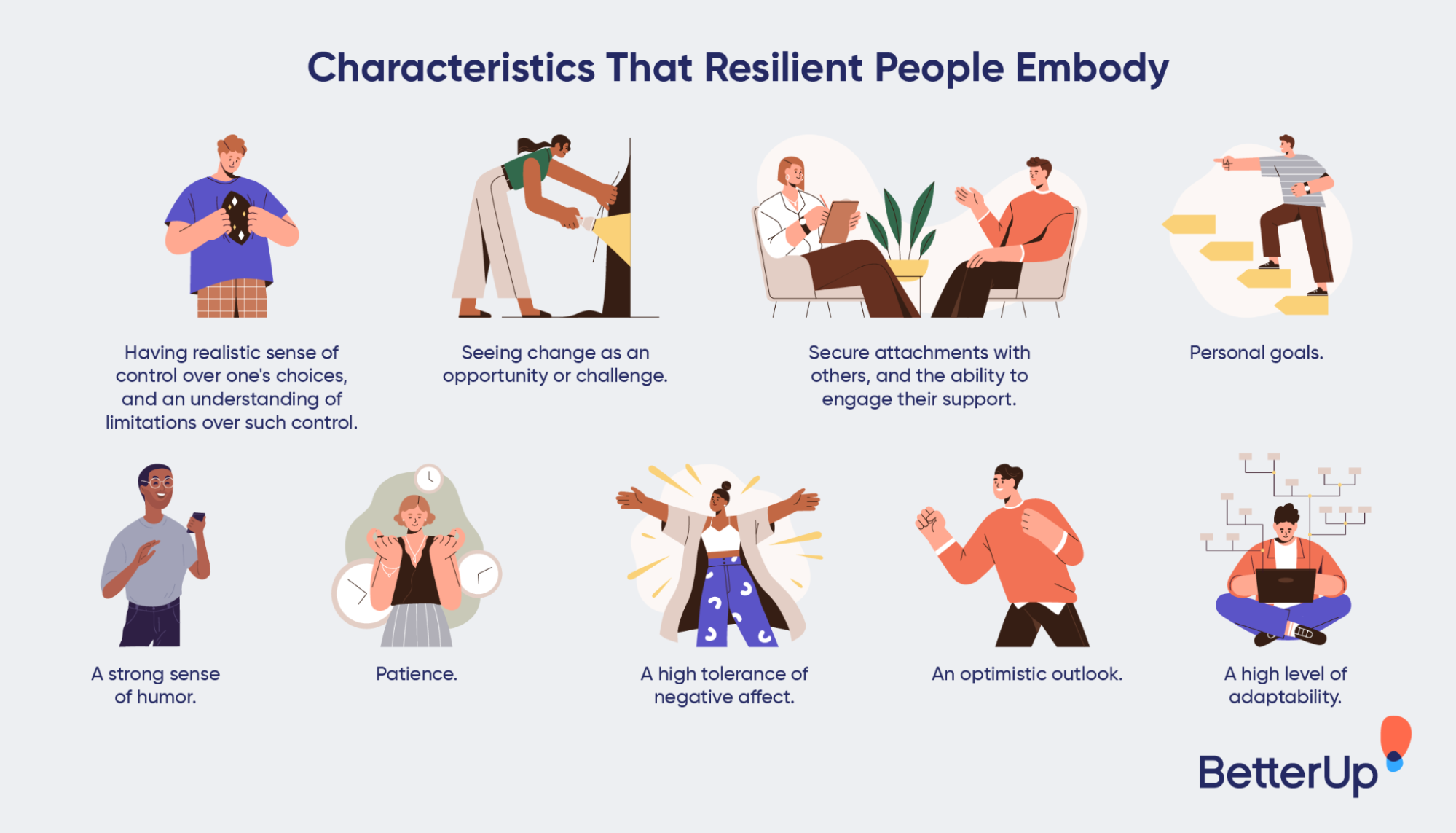Life is full of ups and downs, and the workplace is no exception. Whether it’s dealing with a difficult coworker, facing the pressure of a big project, or navigating the uncertainty of changing circumstances, our emotional resilience is put to the test time and time again. But what exactly is emotional resilience, and how can we build it to thrive in the workplace?
Emotional resilience is the ability to adapt and bounce back from adversity, while maintaining a positive mindset and healthy emotional well-being. It’s about developing inner strength and the capacity to deal with the challenges and stresses that come our way. Building emotional resilience is not a one-time event; it’s an ongoing process that requires intention, self-reflection, and practice.
One of the first steps in building emotional resilience is developing self-awareness. This means being able to identify and understand our emotions, as well as recognizing our triggers and patterns of behavior. By becoming more aware of our emotional reactions, we can gain insights into why we respond the way we do and how we can better manage our emotions in the future.
Practicing mindfulness is a powerful tool for enhancing self-awareness. Taking the time to pause, breathe, and observe our thoughts and emotions can help us become more present in the moment, allowing us to respond rather than react impulsively. By cultivating mindfulness, we can develop a heightened sense of self-awareness, enabling us to make more conscious choices about how we respond to challenging situations in the workplace.
Another essential aspect of building emotional resilience is developing a strong support system. Having trusted friends, mentors, or colleagues who we can turn to for advice, guidance, and encouragement can make a world of difference when it comes to navigating workplace challenges. Sharing our experiences and seeking support from others not only helps us feel understood and validated, but it can also provide valuable insights and perspectives that we may have never considered.
In addition to building a support network, it’s crucial to prioritize self-care. Taking care of our physical and mental well-being is essential for maintaining emotional resilience. This means getting enough sleep, eating nutritious meals, and engaging in regular exercise. It also means setting boundaries and making time for activities that bring us joy and recharge our batteries, such as hobbies, spending time in nature, or practicing self-care rituals like meditation or taking a warm bath. Remember, self-care is not selfish—it’s a necessary foundation for emotional resilience.
Building emotional resilience also involves developing a growth mindset. This means embracing challenges as opportunities for growth and learning. Instead of viewing setbacks as failures, we can reframe them as valuable lessons that help us build our skills and capabilities. Adopting a growth mindset allows us to see setbacks or criticism as temporary and not personal, which can help to reduce stress and increase our ability to bounce back from adversity.
Another useful strategy for building emotional resilience is practicing gratitude. Research has shown that cultivating a daily gratitude practice can help improve emotional well-being and resilience. Taking a few minutes each day to reflect on and express gratitude for the things we appreciate can shift our focus from negativity to positivity, helping us build a more resilient mindset.
Lastly, building emotional resilience requires a willingness to embrace change and adaptability. In today’s fast-paced and ever-evolving workplace, being open to change and having the ability to adapt is crucial. This means being willing to step outside of our comfort zones, take on new challenges, and continually learn and grow. By embracing change rather than resisting it, we can build our resilience and thrive in the face of uncertainty.
In conclusion, building emotional resilience in the workplace is a journey that requires self-awareness, a support system, self-care, a growth mindset, gratitude, and adaptability. By cultivating these qualities and practicing the strategies mentioned above, we can develop the inner strength and emotional well-being necessary to navigate the challenges of the workplace and thrive in both our personal and professional lives. Remember, emotional resilience is not about avoiding stress or adversity but rather about developing the tools and mindset to navigate them in a healthy and productive way. So, let’s embark on this journey together and build emotional resilience that will empower us in all aspects of our lives.
